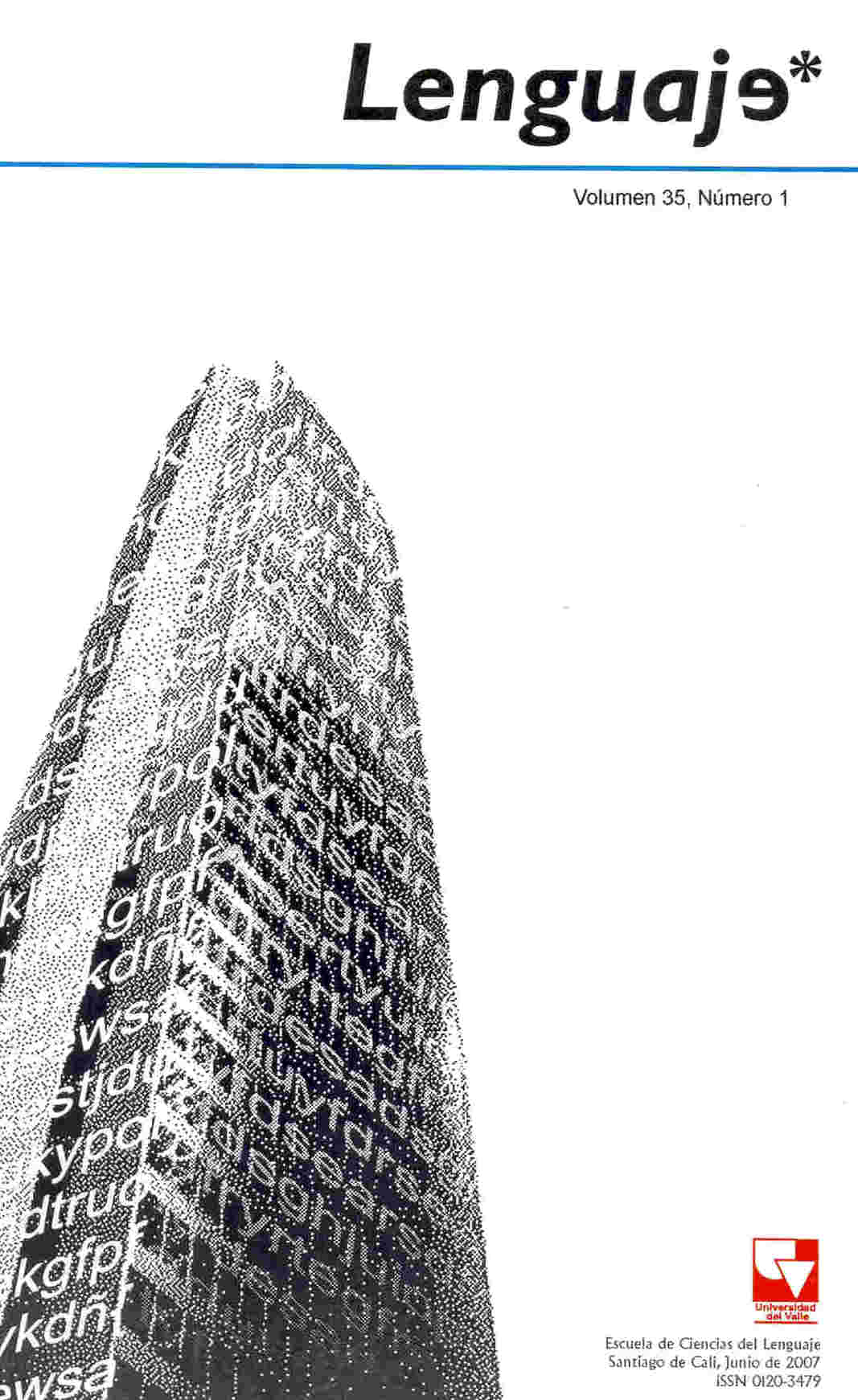La incorporación de la teoría de las inteligencias múltiples en la enseñanza de lenguas: portafolios, proyectos y enseñanza colaborativa
Palabras clave:
Inteligencias múltiples, Portafolios, Proyectos, Trabajo en equipo pedagógico, Autonomía, Motivación, Expresión personal, ColaboraciónContenido principal del artículo
Este artículo argumenta a favor de la posibilidad de incorporar la teoría de las Inteligencias Múltiples en nuestro trabajo diario como profesores de lenguas a través del uso de portafolios, proyectos y el trabajo en equipo de los docentes. Luego de una corta introducción sobre la teoría de las inteligencias múltiples, el artículo justifica el uso de estos tres elementos y muestra sus nexos con las Inteligencias de Gardner. También muestra las ventajas y dificultades de su uso e incluye sustento teórico de autores que han analizado y experimentado estas técnicas y procedimientos.
Austin, A. E,, & Baldwin, R. G. (1991). Faculty collaboration: Enhacing the quality of scholarship and teaching. In Stewart, Timothy & B. Perry. Interdisciplinary Team Teaching as a Model for Teacher Development. Kumamoto University, Japan. In TESL-EJ September 2005, 9(2). In http://www.writingberkeley.edu/TESL-EJ/index.html, retrieved on Jan.16th, 2007.
Cardenas, R. (2005). Project work at all levels. HOW A Colombian Journal for Teachers of English, 12, 72-85.
Cromwell, S. (2007). Team Teaching. Education World. In https://www.nea.org/lessons/2004/tt040621.html, retrieved on Jan. 12th.
Christison, M. A. (2006). Applying Multiple Intelligences Theory in Preservice and Inservice TEFL Education Programs. Teaching FORUM, 36(2), April - June 1998. http://exchanges.state.gov/forum/vols/vol36/no2/p2.htm, retrieved on July 22.
Christison, M. A. & D. Kennedy (2006). Multiple Intelligences: Theory and Practice in Adult ESL. ERIC Digest. In http://www.ericdigests.org/2001-1/multiple.htm, retrieved on July 22.
Freeman, Y. & D. Freeman. (1991). Portfolio assessment: an exciting vire of what bilingual children can do. BEOutreach, January.
Fried-Booth, D. (1986). Project Work. Oxford: Oxford University Press.
Gardner, H. (1993 / 1983). Frames of mind: The theory of multiple intelligences. New York: Basic Books.
Gardner, H. (1991). The unschooled mind: how children think and how schools should teach. New York: Basic Books.
Gardner, H., & Hatch, T. (1989). Multiple intelligences go to school: Educational implications of the theory of multiple intelligences. Educational Researcher, 18(8), 4-9. In http://www.teachervision.fen.com/intelligence/teaching-methods/2174.html, retrieved on Jan.14th, 2007.
Hamm, M. and D. Adams. (1992). Portfolios: a valuable tool for reflection and assessment. In Bastidas, J. The Teaching Portfolio: a tool to become a reflective teacher. English Teaching Forum, July-October 1996.
Knezevic, A. & Schooll, M. (1996). Learning to teach together: Teaching to learn together, In Freeman, D. & J. Richards (eds.) Teacher Learning in Language Teaching. Cambridge: CUP.
Legutke, M. & Thomas, H. (1991). Process and experience in the Language Classroom. London: Longman.
Lenz, P. (2004). The European Language Portfolio. In Morrow, K. (ed.) 2004. Insights into the Common European Framework. Oxford: OUP.
Macedo, A. (2002). Team-teaching: who should really be in charge? A look at Reverse vs. Traditional team-teaching. MA. Dissertation. School of Humanities of the University of Birmingham. March.
Morrow, K. (ed.) (2004), Insights into the Common European Framework. Oxford: OUP.
Murray, J. P. (1994). Why teaching portfolios? In Bastidas, J. The Teaching Portfolio: a tool to become a reflective teacher. English Teaching Forum, July-October 1996.
Seldin, P. (1991). The teaching Portfolio. Boston: Anker Publishing Company, Inc. In Bastidas, J. The Teaching Portfolio: a tool to become a reflective teacher. English Teaching Forum, July-October 1996.
Shimaoka, T. & Yashiro, K. (1990). Team-teaching in English classrooms: an intellectual approach. In Macedo, A. Team-teaching: who should really be in charge? A look at Reverse vs. Traditional team-teaching. MA. Dissertation. School of Humanities of the University of Birmingham. March, 2002.
Stewart, T. & Perry, B. (2005). Interdisciplinary Team Teaching as a model for Teacher Development. KumamotoUniversity, Japan. TESL-EJ, September, 9(2). In http://www.writingberkeley.edu/TESL-EJ/index.html, retrieved on Jan.16th, 2007.
Urbach, F. (1992). Developing a teaching portfolio.» In Bastidas, J. «The Teaching Portfolio: a tool to become a reflective teacher. English Teaching Forum, July-October 1996.
Zubizarreta, J. (1994). Teaching Portfolios and the beginning teacher. In Bastidas, J. The Teaching Portfolio: a tool to become a reflective teacher. English Teaching Forum, July-October 1996.

